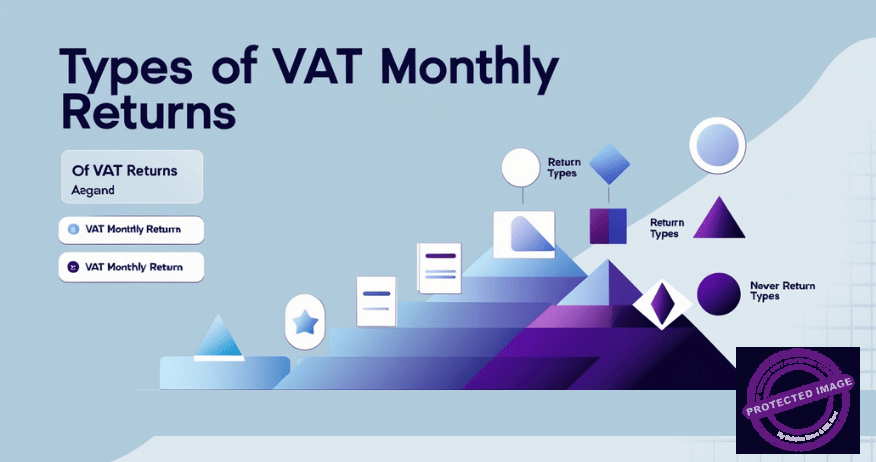In Kenya, the VAT Act (2013) makes it mandatory to file VAT monthly returns by the 20th day of the month after the tax period. The VAT period is one calendar month—from the start to the end of a calendar month. In case the 20th day falls on a holiday or a weekend, the VAT 3 returns are supposed to be made before then.
The VAT Act (2013) requires that the VAT 3 monthly returns be made by the 20th day. Failure to make the VAT returns attracts fines, penalties, and interests. The tax returns are submitted on computer-generated VAT 3 forms from the KRA i-Tax platform. After completing the sales and purchase details in VAT 3, the net monthly VAT is established. The net monthly VAT can be of:
a. Debit VAT 3 return
In this type of VAT 3 tax return, the output tax (from sales) is more than the input tax (from purchases). Therefore, the taxpayer has tax to pay to the KRA. The taxpayer generates a payment slip from the i-Tax platform. The taxpayer will make the payment in their preferred bank, which is one of the commercial banks appointed by the KRA. Please note that when generating the pay-in slip, the taxpayer selects their preferred bank. The taxpayer cannot use the pay-in slip to make payment through another bank.
The tax payments can be made using:
- Cash.
- Cheque.
- Bank transfers.
- Mobile money (M-Pesa, Airtel money).
The taxpayer is free to select the method they want to used to make the tax payment. The taxpayer will choose the payment method depending on several things, such as:
- Their convenience.
- Preferred bank.
- Amount of tax being paid.
The tax payments and submission of the tax returns must be done by the 20th day of the following month after the tax period.
It is also important to note that the taxpayers do not have to wait to make tax returns so that they can make the tax payments. The i-Tax platform allows the generation of pay-in slips even without a tax return. Therefore, taxpayers should use that opportunity for tax management.
b. Credit VAT 3 return
In this type of VAT 3 return, the input tax (from purchases) is more than the output tax (from sales). The taxpayer has no tax to pay but is owed a tax credit by the KRA. The credit tax position may arise because of various reasons, namely:
- More purchases than sales.
- Export sales.
- Transactions in local zero (0%) tax-rate goods and services, for example, pharmaceutical sales.
- Sale of goods and services to tax-exempt business operations such as oil exploration companies or any other projects (the tax rate is zero percent (0%).
The taxpayer makes the tax return through i-Tax platform by the 20th day of the next month after the tax period.
- In case the tax credits arose from day-to-day operations where the input tax was more than the output tax because of the purchases being more than the sales, the taxpayer uses the tax credits in subsequent month(s).
- In case the credit for tax arose because of zero-rated sales such as exports, local zero-rated products, or transactions with zero-rated projects or persons, the taxpayer has a right to claim a VAT refund from KRA within the stipulated time frame and format.
c. Nil VAT 3 return
In a nil VAT 3 return, the taxpayer is in a zero tax position, and there is no tax to pay. The nil tax position arises because of various reasons:
- The output tax (from sales) is equal to the input tax (from purchases).
- The taxpayers did not transact any business during that month.
- The taxpayer is in a dormant tax position.
If the taxpayer is active but has a nil VAT 3 return, the return must be made by the 20th day of the month after the tax period.
Final Thoughts
- Failure to make a debit VAT 3 return, a credit VAT 3 return, or a nil VAT 3 return attracts a fine of kshs 10,000.
- Besides, in case there is tax to pay (a debit return), the taxpayer will pay penalties and interests up to a ceiling of 100% of the outstanding amounts (effective 2010).
Send us questions or topics on tax and investments in Kenya that you would wish to be covered on this website CONTACT.




